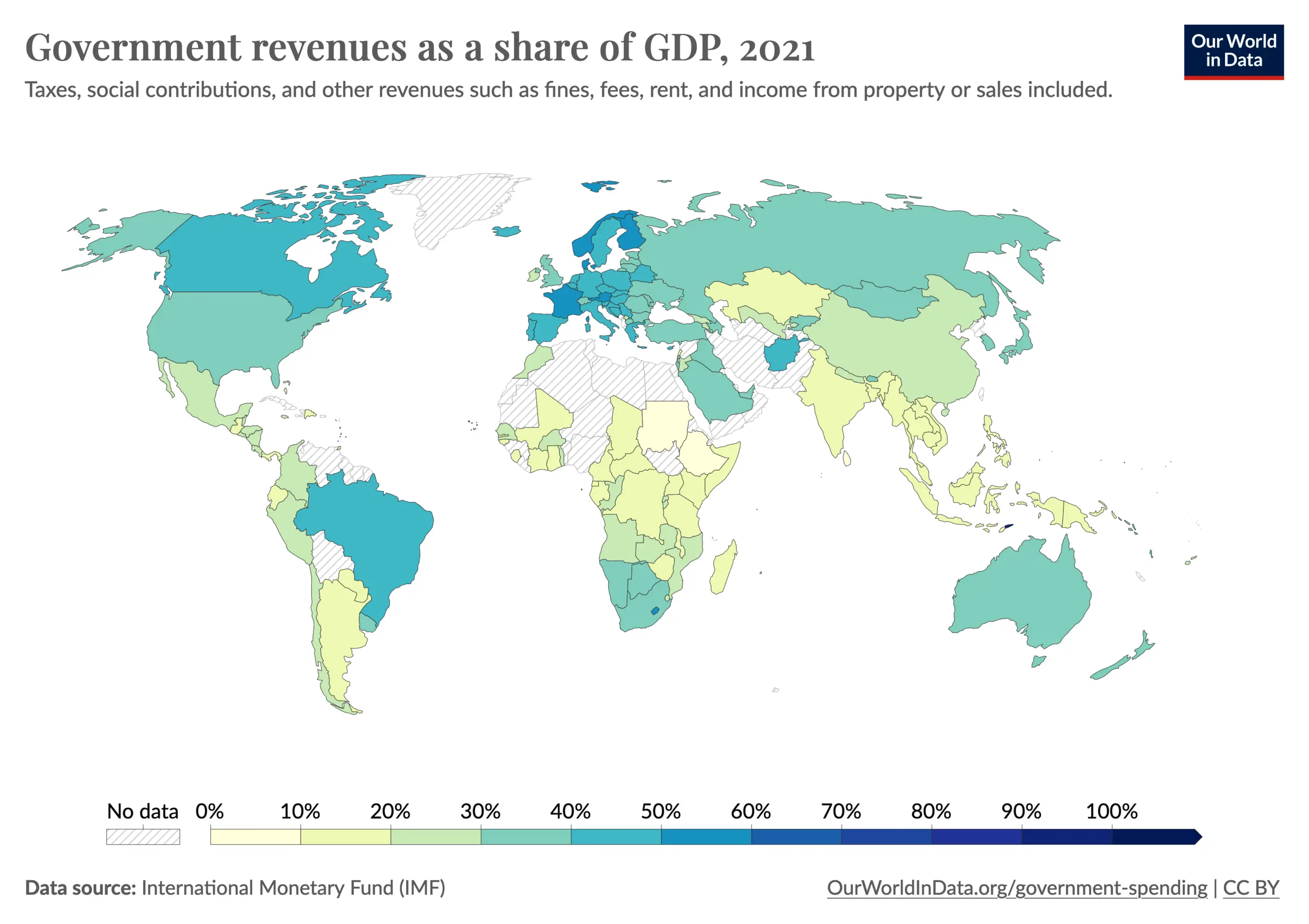

Are you sure it was previously deleted stuff? I thought the same thing had happened to me but it was due to subreddits being private at the time of deletion then later coming out of private (some weeks or months later) preventing those then privated posts/comments from being deleted. I think running another automated tool again should do the trick at this point.












I think the impact of wealth and access to nutrition and an environment that does not stunt development plays a major role here as well. A good example of this is height in Europe post-industrial revolution and improvements in medicine:
Most notable being a 20cm increase in the Netherlands in just over 100 years as well as changes in places that industrialised quickly like China:
Not to say that geography plays no role but it’s closer to 10cm gap than a 30cm one.